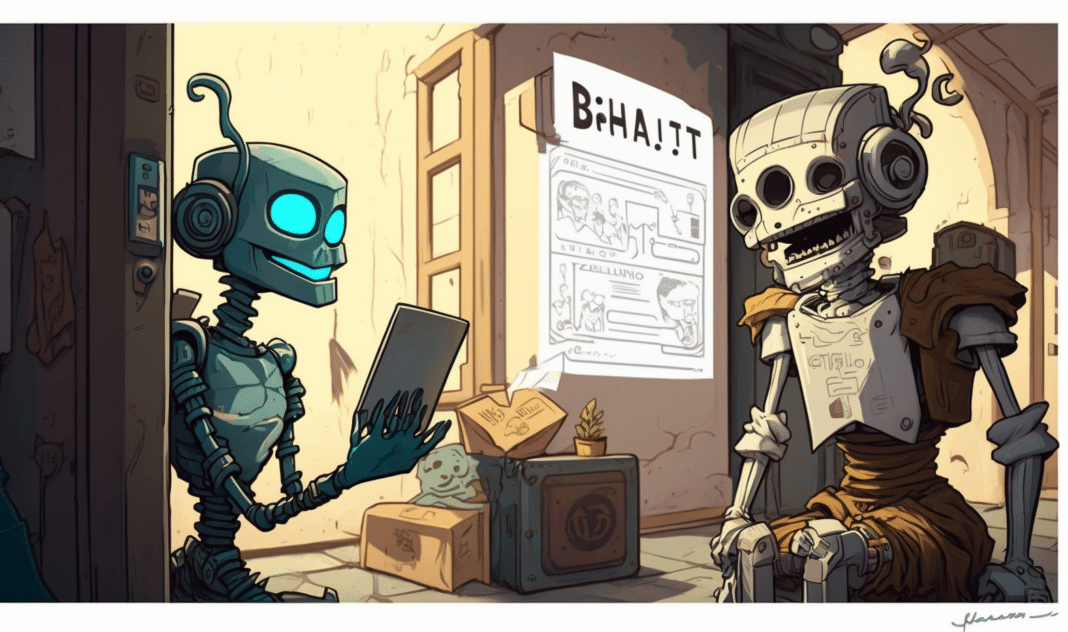Alphabet CEO Sundar Pichai announced the launch of Bard, Google’s new conversational artificial intelligence (AI) service, in a blog post on Monday. The test version of the AI, which is powered by LaMDA, will be available to trusted testers before its public release in the coming weeks.
Bard aims to combine the world’s knowledge with the intelligence and creativity of Google’s large language models. It will draw information from the web to provide quality responses to user queries. At an event in Paris on Wednesday, Google will preview Bard, initially supported by a lightweight model version of LaMDA.
Google will use feedback from users, along with its internal tests, to ensure Bard meets a high bar for quality, safety, and grounding in real-world information. Next month, Google will begin onboarding developers, creators, and enterprises to try the Generative Language API, which will be powered by LaMDA.
Bard’s launch follows the skyrocketing interest in AI chatbots, which was sparked by the November release of ChatGPT. Bard, ChatGPT, and Baidu’s AI chatbot are seen as the next step in human-AI interaction, with the potential to change the way we search, learn, and work.
Google’s new AI uses the power of its Language Model for Dialogue Applications, LaMDA, and information on the web to craft creative and detailed responses to questions. It is based on a lightweight version of LaMDA, allowing it to scale to more users and provide additional feedback.
While the initial goal for Bard is not monetization, a Google spokesperson said the company wants a healthy online ecosystem and that sending search traffic to creators and news publishers will be a priority as it develops AI tools.
Microsoft, which plans to integrate ChatGPT into its technology, is expected to make an announcement at an event on Tuesday. Screenshots purporting to show how ChatGPT will be integrated into Bing have emerged, indicating it will be based on OpenAI’s GPT-4.




